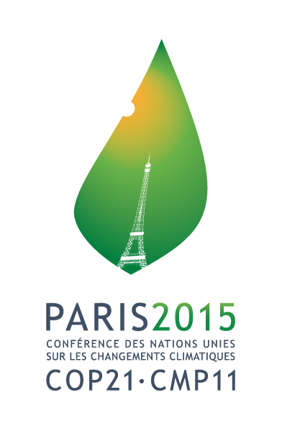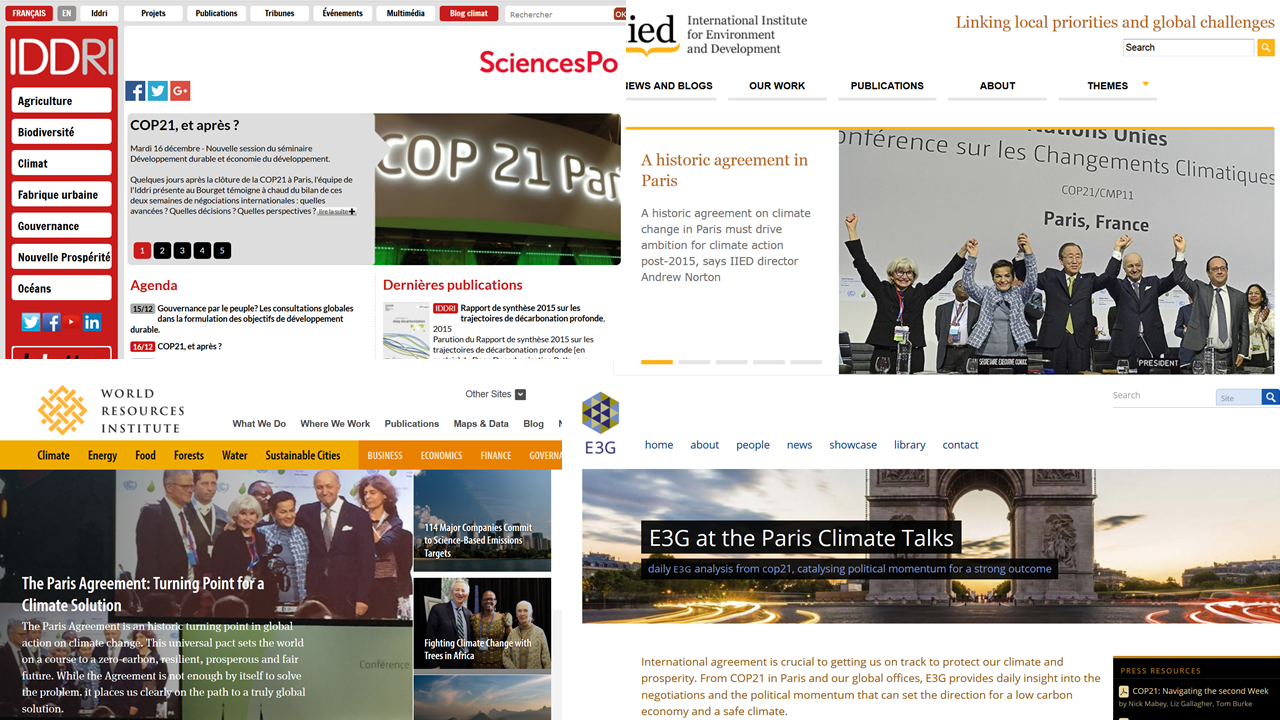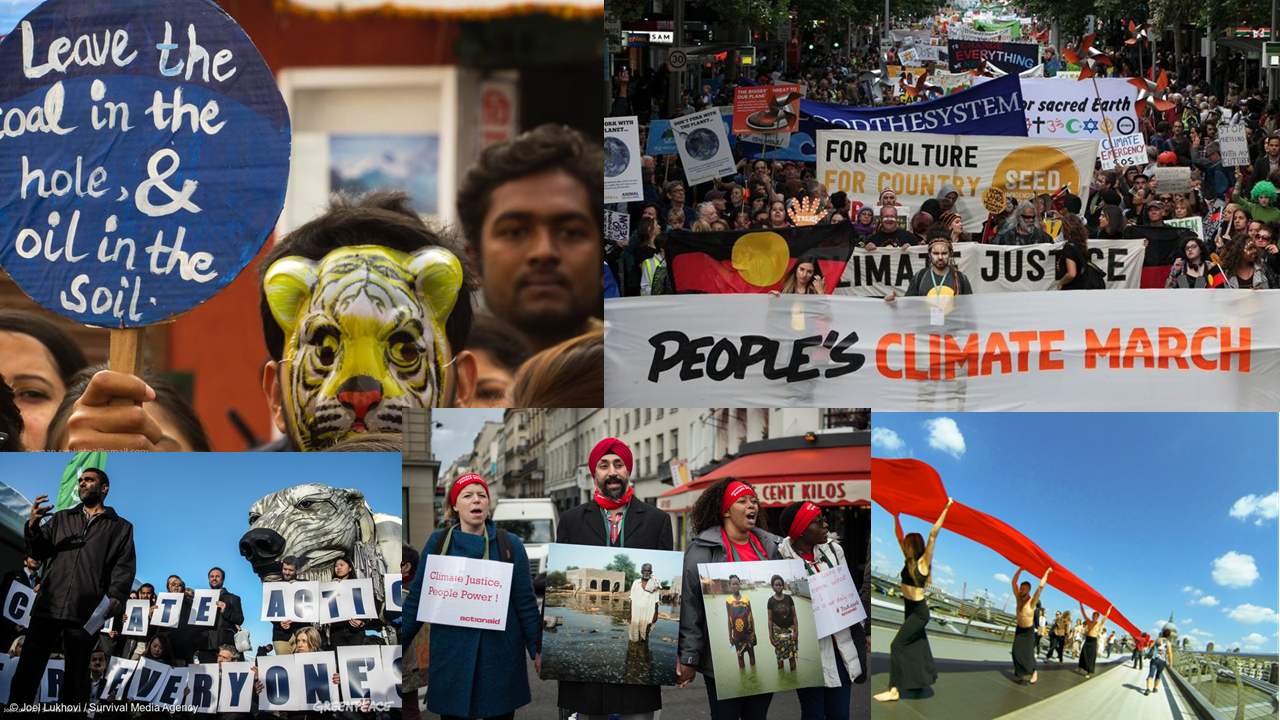By Michael Hammer, former INTRAC Executive director.
The 2015 Paris Conference of Parties to the United Nations Framework Convention on Climate Change, in short COP 21, has just ended with a sense of relief. It managed to come to a progressive and unanimously supported agreement. 
This is an important step forward and it will be difficult even for those initially reluctant to sign up to go back before it. Governments realised that risking to scupper the deal would have cost them the last inch of credibility with ordinary citizens that they may have had left on the issue. Science, experiences of citizens around the world of the impacts of climate change and fossil fuel related pollution made it clear that there will only be losers if the problem is not being addressed jointly and at global level.
Yet for the sake of broad agreement key areas were excluded from final definition. Other obstacles to progress include natural inertia in government departments and large commercial organisations, the desire to squeeze out the last possible drop of profit out of existing fossil fuel extraction and production, an inherent bias in the global economic system against the people most vulnerable to climate change in the world, and the lack of transparency of many interactions between governments and the fossil fuel industry. Full acceptance of the agreement may well take years, realisation many decades. And on the way we can expect plenty of delays and obfuscation.
The experience over the past years shows that on their own governments and business cannot be trusted to push through much needed change, often against short terms interests and dependencies. This is the same machinery that took 21 global conferences, countless scientific, technical and ministerial meetings and studies to arrive at what only now begins to have the semblance of an ambitious and joint engagement with one of the greatest global challenges. It will not be sufficient to ensure that real progress is made. This is key as the Paris Agreement puts great store in the initiative and ambition of national governments through their own target setting and strategies.
Civil society will therefore be more important than ever to hold power and private interest to account over actions and decisions which affect the lives of billions across the world.
 The Paris conference showed how diverse this non-governmental input is. Think Tanks have proved to be influential in providing separate, although not always independent advice and policy focused studies. They have acted as direct advice to government negotiators as part of delegations and consultants. Their potential derives from their proximity to power, and the visual representation some of them chose
The Paris conference showed how diverse this non-governmental input is. Think Tanks have proved to be influential in providing separate, although not always independent advice and policy focused studies. They have acted as direct advice to government negotiators as part of delegations and consultants. Their potential derives from their proximity to power, and the visual representation some of them chose  following the conference result speaks volumes about this link.
following the conference result speaks volumes about this link.
Separately civil society organisations have been mobilising a much more popular response, expressed in public demonstrations and action. This is arguably where the main drive for government action comes from, people showing both the impact of climate change on their lives, and expressing solidarity. If it had not been for the long-haul mobilisation of people around environmental, social and economic justice issues, climate change would not have made it as high on the agenda as it has now, everywhere. While not all governments are swayed by NGO campaigns, popular legitimacy is important to all of them, one way or the other.
This highlights that space to articulate the challenges faced by many people, organising and mobilising citizens is vital, as is support that truly enables civil society to play its critical role as an enabler and promoter of change. This support cannot be thematically selective. Yet all too often the donor mentalities around civil society support are very narrow and driven by governmental programme and policy interests.
For those interested in limiting the impact of climate change on the planet and people’s lives, the role of civil society has to become a much bigger priority in general. It cannot be expected to play its important role in this field, if its role and credibility is being narrowly limited, instrumentalised, or even undermined in others. The lesson from the point the world managed to arrive at in Paris is that if you believe in change based on open societies you have to love and support civil society as it comes. Next to climate change action this is a key matter on which we need to keep moving.
Images credit: COP 21 logo. Website screenshots from Think Tanks E3G, WRI, IIED, IDDRI. Popular protests by Belarusfreetheatre, Greenpeace, ActionAid, 350.org, Climatechangecampaign at COP21.